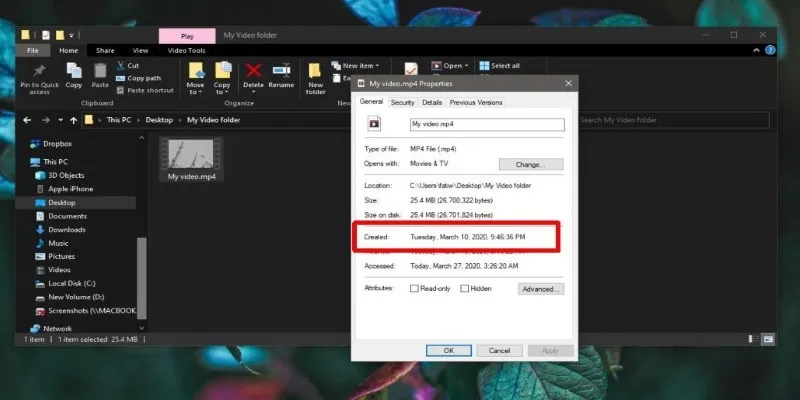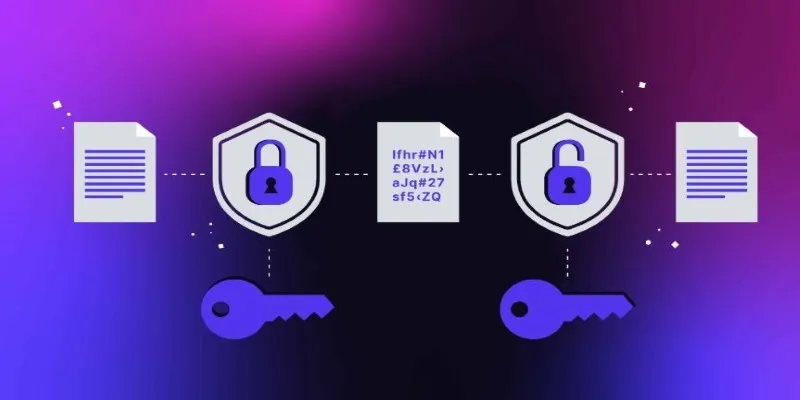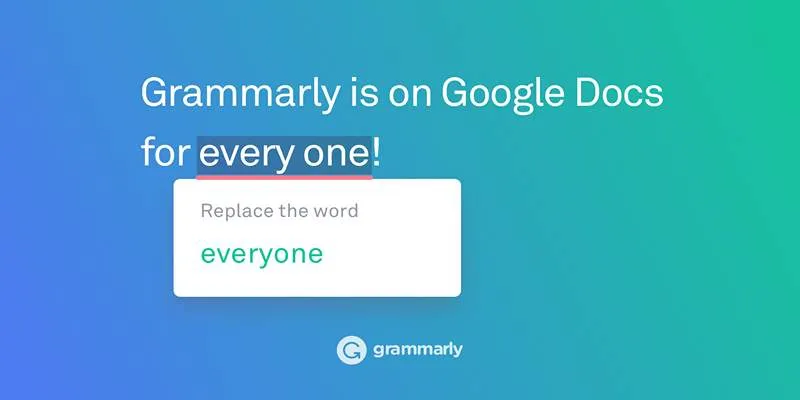Top Website Builders in 2025: Wix, Squarespace, Shopify & More
Having a groundbreaking idea is just the beginning—you need a website that performs efficiently. It should load quickly, look sleek, and meet the needs of your visitors. Fortunately, you don’t need coding skills to achieve this. Website builders handle the technical aspects, allowing you to concentrate on content, design, and structure.
Whether you’re launching a blog, portfolio, or online store, there’s a website builder tailored to your goals. In this article, we’ll explore top choices like Wix, Squarespace, Weebly, Shopify, and WordPress.com to help you select the ideal platform—no unnecessary jargon, just clear and practical advice to get you started.
Top Website Builders
No single platform fits all needs. Each website builder offers a unique approach, depending on the type of site you want to create and the level of control you desire.
Wix
Wix is renowned for its drag-and-drop simplicity with ample room for creativity. It offers a platform that provides extensive creative freedom without requiring you to deal with code. Want to place a button anywhere on the page? You can. Want to change layouts midway? Go ahead. Such flexibility is rare among website builders, which often restrict you to rigid templates.

One of Wix’s strengths is its ease of use. You can choose from hundreds of modern templates or let Wix’s AI tool draft a site for you based on your responses to a few questions. This is not just a gimmick—it works remarkably well for personal websites, portfolios, or service-based businesses.
However, this freedom comes with a trade-off. Adding too many elements or features might make your site feel cluttered, and Wix sites can load slower than others if not kept streamlined. Additionally, switching templates isn’t straightforward, potentially requiring a rebuild from scratch.
Nevertheless, for those seeking comprehensive control and design freedom, Wix remains one of the most robust website builders available.
Squarespace
If Wix focuses on flexibility, Squarespace emphasizes polish. Known for its clean templates, smooth user interface, and design consistency, it’s the builder to choose when you want your site to appear professional immediately.
Squarespace doesn’t offer the same drag-and-drop freedom as Wix, but that’s intentional. It ensures your layout always looks excellent—even without prior design experience. This makes it ideal for creatives, photographers, writers, or anyone who wants design to take center stage.
Squarespace also provides robust tools for blogging, podcasting, and product sales. Its eCommerce features are sufficient for small to medium shops and support digital downloads, subscriptions, and appointment bookings.
Customization can be restrictive with Squarespace. You can’t freely move elements, and adding custom features might pose challenges. However, for most users—especially those prioritizing aesthetics over intricate custom coding—it’s more than adequate.
Weebly
Weebly has established itself in the website builder market by focusing on simplicity and functionality. Now owned by Square, it’s particularly useful for small businesses with physical storefronts seeking an online presence with minimal hassle. The setup is quick, the editor is straightforward, and little technical knowledge is needed to create a clean, functional site.
While Weebly lacks the design flexibility of Wix or the visual polish of Squarespace, it excels in clarity and ease of use. Beginners won’t be overwhelmed with options, which is advantageous. Publishing a basic site is quick, and keeping it updated is even easier.
Weebly truly shines in small-scale eCommerce. With seamless Square integration, selling physical products is straightforward. However, the platform has lagged in innovation, and its templates feel outdated. Despite this, for local shops or first-time users, it fulfills its purpose.
Shopify
Shopify distinguishes itself as a powerful eCommerce platform designed specifically for building and scaling online stores. Unlike general website builders, it’s geared toward selling, offering everything from product listings to payment processing in one cohesive system. It’s a top choice for businesses focused on growth and efficiency.

The platform includes robust tools such as inventory tracking, shipping integrations, discount management, and abandoned cart recovery. Its app marketplace further expands functionality, allowing you to add features as your business grows. The checkout system is fast, secure, and optimized for mobile users—essential for today’s shoppers.
However, Shopify isn’t ideal for content-heavy websites or blogs. It focuses more on transactions than storytelling. Costs can escalate with apps and premium themes. Nevertheless, for serious sellers, Shopify offers unmatched reliability and depth in online retail.
WordPress.com
WordPress.com is a hosted website builder that balances ease of use with long- term flexibility. It handles hosting, security, and updates, enabling you to focus on building your site without technical distractions. This makes it appealing for bloggers, writers, and professionals seeking a more capable platform than typical drag-and-drop builders.
On higher-tier plans, you gain access to a broad range of themes, the intuitive block editor, and even plugins. This flexibility opens up possibilities for more complex websites, such as those with multiple contributors, memberships, or integrated email systems. The structure supports growth, which is a significant advantage for users with evolving needs.
However, it’s not the most beginner-friendly platform. The learning curve is steeper, and some key features are only available with premium subscriptions. Choosing the right plan upfront is essential.
Conclusion
Website builders have made launching a site easier than ever. From Wix’s design freedom to Shopify’s eCommerce strength, each platform offers something unique. The key is finding the one that aligns with your needs, both now and as you grow. Whether you want something simple, stylish, or scalable, there’s a tool for you. Don’t chase trends—focus on functionality. A good website builder won’t just help you go live; it’ll help you remain relevant. Choose smart, build strong, and stay consistent.
Related Articles

The 4 Best AI Website Builders for Effortless Website Creation

The Ultimate Guide to Changing Creation Dates for Files on Windows

Discover the 9 Best Tools for Modern Web Design in 2025

The 6 Best AI App Builders in 2025 for Fast, No-Code Development

What Encryption Really Does in Modern Online Tools

Unlock the Power of Free Tools for Professional Diagram Design

The Power of Online Tools: Definition, Purpose, and Impact

How to Stay Productive: Essential Tools for Remote Workers in 2025

Unlocking Creativity: The Best Free AI Tools for Image Generation

The Ultimate Guide to Automating Social Media Posts for Free

Click, Commit, Push: 5 Best Git GUI Clients in 2025

Real Work, Less Effort: The Power of Web Scraping and Automation Tools
Popular Articles

Top FTP Software for Mac Users: Free and Reliable Options

Best Apps to Receive Social Feeds via Email in 2025

PickU Photo Editor & Cutout: A Complete Review of Features & Performance

A Step-by-Step Guide to Creating a Split Screen Video with Movavi

Top Transcription Tools in 2025 That Get the Job Done

Top 9 Apps to Identify Anything Through Your Phone's Camera

Top 5 Reliable DivX Converters for Mac to Simplify Your Workflow

Capture in XviD: 8 Apps That Make It Easy and Efficient

Discover the Best PDF Editor Apps in 2025 for Seamless Document Control

Solving Grammarly Issues in Google Docs: Quick and Simple Fixes

Top 5 Background Noise Removers for Desktop Users

 mww2
mww2